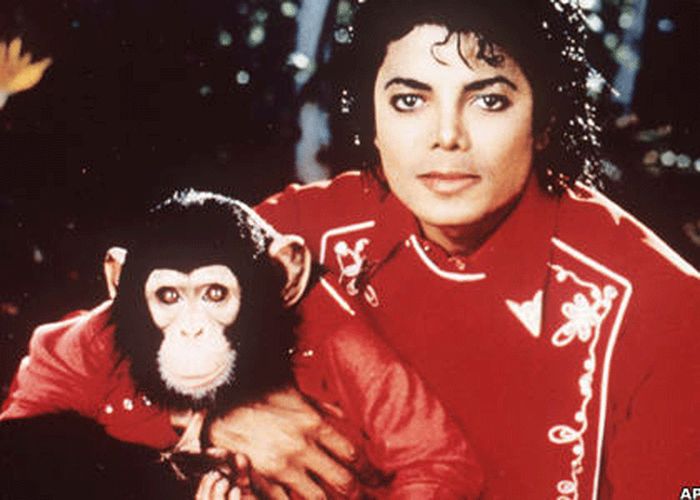|
|
Life Of Michael Joseph Jackson
|
• Appearance, tabloids, Bad, films, autobiography and Neverland (1986–90)
Jackson's skin had been a medium-brown color for the entire duration of his youth, but starting in the mid 1980s, it gradually grew paler. The change gained widespread media coverage, including rumors that he might be bleaching his skin. According to J. Randy Taraborrelli's biography, in 1986, Jackson was diagnosed with vitiligo and lupus; the vitiligo partially lightened his skin, and the lupus was in remission; both illnesses made him sensitive to sunlight. The treatments he used for his condition further lightened his skin tone, and, with the application of pancake makeup to even out blotches, he could appear very pale. Jackson was also diagnosed with vitiligo in his autopsy. By the mid 1990s several surgeons speculated that he had undergone various nasal surgeries, a forehead lift, thinned lips, and cheekbone surgery—although Jackson denied this and insisted that he only had surgery on his nose. Jackson claimed that he had only two rhinoplasties and no other surgery on his face, although at one point he mentioned having a dimple created in his chin. Jackson lost weight in the early 1980s because of a change in diet and a desire for "a dancer's body". Witnesses reported that he was often dizzy and speculated that he was suffering from anorexia nervosa; periods of weight loss would become a recurring problem later in life.
During the course of his treatment, Jackson made two close friends: his dermatologist, Dr. Arnold Klein, and Klein's nurse Debbie Rowe. Rowe eventually became Jackson's second wife and the mother of his two eldest children. He also relied heavily on Klein, for medical and business advice.
Jackson became the subject of increasingly sensational reports. In 1986, the tabloids ran a story claiming that Jackson slept in a hyperbaric oxygen chamber to slow the aging process; he was pictured lying down in a glass box. Although the claim was untrue, according to tabloid reports that are widely cited, Jackson had disseminated the fabricated story himself. When Jackson bought a chimpanzee called Bubbles from a laboratory, he was reported to be increasingly detached from reality. It was reported that Jackson had offered to buy the bones of Joseph Merrick (the "elephant man") and although untrue, Jackson did not deny the story. Although initially he saw these stories as opportunities for publicity, he stopped leaking untruths to the press as they became more sensational. Consequently the media began making up their own stories. These reports became embedded in the public consciousness, inspiring the nickname "Wacko Jacko", which Jackson came to despise. Responding to the gossip, Jackson remarked to Taraborrelli:
|
|









